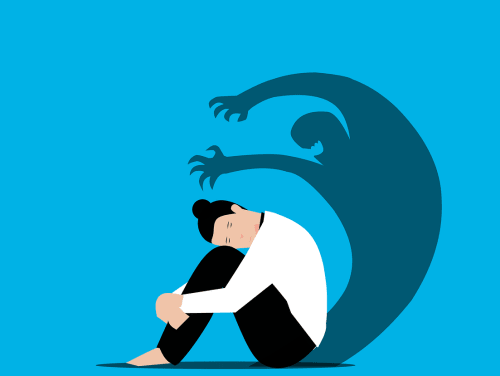Cognitive Distortions and Unhelpful Thinking

posted 3rd May 2022
Cognitive Distortions
Cognitive Behavioural Therapy (CBT) was first developed by the psychiatrist Aaron T. Beck in the 1960’s. Beck noticed that many of his patients engaged in internal dialogues that were unhelpful and led to them repeating problematic behaviours that caused them emotional harm. CBT is used to try to encourage the client to recognise when they are engaging in unhelpful thinking habits and reduce their attachment to the damaging thoughts that are causing them distress. These thoughts are automatic to our brains and we can not always recognise when we are engaging in cognitive distortions which is why a CBT professional can act as a guide to help an individual recognise the thought processes that are affecting their lives.
Unhelpful Thinking Styles
>All or Nothing Thinking
Thinking in extremes. For example thinking something is 100% good or bad.
>Catastrophizing
Jumping to the worst possible conclusions.
>Over Generalising
Seeing a pattern based upon a single event.
>Mental Filter
Only paying attention to certain evidence and discounting information that doesn't fit your narrative
>Disqualifying the Positive
Discounting positive information and turning a positive into a negative.
>Jumping to Conclusions
Mind reading or predicting the future.
>Low Frustration Tolerance
Saying things like ‘this is impossible’ or ‘I can’t stand it’.
>Minimisation
Ignoring the importance of something.
>Emotional Reasoning
Assuming that because we feel a certain way our hunch must be true.
>Demands
Using words like ‘should’, ‘must’ and ‘ought’.
>Labelling
Assigning labels to ourselves or others, such as ‘I’m rubbish’.
>Personalisation
Taking too much or too little responsibility.
These unhelpful thinking habits are built up over time and cause different levels of distress especially to those who suffer from extreme symptoms. These unhelpful thoughts affect both the sufferer and those around them, but can be treated by CBT therapy delivered by experienced specialists.
*For more information click here* Cognitive Behavioural Therapy



